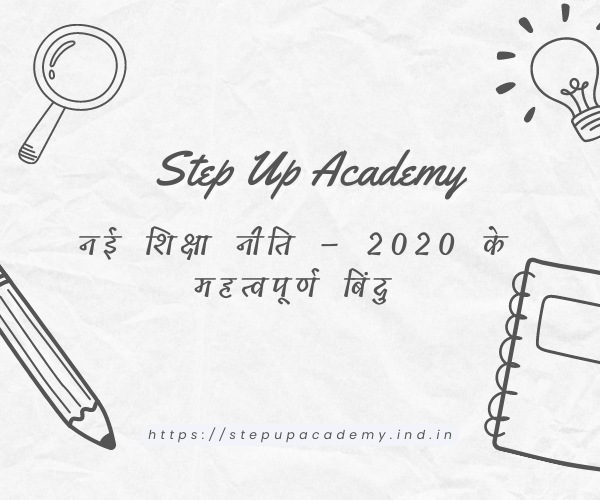Combating Plastic Consumption: A Path Towards a Cleaner Future
18-07-2023 10:32
Plastic consumption has become a global crisis, with millions of tons of plastic waste polluting our oceans and environment every year. To address this pressing issue, it is crucial for individuals, communities, and governments to take proactive steps towards reducing plastic consumption and promoting sustainable alternatives. In this blog post, we will delve into the truth about plastic consumption and explore effective strategies to save plastics and create a greener world.
The Reality of Plastic Consumption
Disturbing statistics: Each year, a staggering 13 million tons of plastics find their way into our oceans, posing a significant threat to marine life and ecosystems.
Disposable plastics dominate marine litter: Approximately 50% of marine litter consists of disposable plastics, such as bottles, bags, and packaging materials.
Wastage of disposable plastics: Shockingly, 95% of disposable plastics end up as waste, contributing to the pollution and environmental degradation caused by plastic consumption.
Energy-saving potential of recycling: Recycling plastics requires 88% less energy compared to producing new plastics, highlighting the importance of recycling as a sustainable solution.
Fuel conservation through recycling: Recycling one ton of plastics can save 1000-2000 gallons of gasoline, showcasing the significant environmental benefits associated with recycling efforts.
Effective Strategies to Save Plastics:
Refuse disposable plastics: By consciously refusing single-use plastics, such as cups, plates, and bags, we can significantly reduce plastic waste. Instead, opt for reusable alternatives like ceramic cups and plates and carry reusable bags while shopping.
Reuse creatively: Find innovative ways to repurpose plastic items. For example, you can
transform hard-bound covers into envelopes or decorative containers and use plastic packs for crafting decorative items.
Embrace reusable products: Adopt reusable lunch bags, water bottles, and other sustainable alternatives in your daily life to minimize plastic consumption.
Advocate for recycling: Encourage your local municipality, NGOs, urban bodies, and welfare associations to establish recycling hubs and promote recycling initiatives.
Rethink and redesign plastics: Encourage innovation and redesign of plastic products to make them more eco-friendly and sustainable.
Initiatives to Beat Plastics
Incentivize non-plastic alternatives: Governments should provide incentives to encourage community and private sector initiatives to adopt non-plastic alternatives.
Raise awareness and education: Conduct awareness campaigns and educational programs at the community, national, and regional levels to inform people about the impact of plastic consumption and the importance of sustainable alternatives.
Resource mobilization: Mobilize resources for plastic-free interventions through partnerships with NGOs and public sectors in a Public-Private Partnership (PPP) mode.
Promote success stories: Showcase success stories of individuals and organizations actively combating plastic consumption through audiovisual shows in schools and colleges, inspiring others to follow suit.
Strengthen regulations: Develop robust regulatory frameworks that support the use of recycled plastics and encourage the creation of a viable market for recycled plastic products.
Inspiring Green Warriors and Initiatives:
Highlighting exemplary individuals and initiatives that have made significant contributions to environmental sustainability can inspire others to take action. Here are a few notable examples:
Greenway Grameen Infra: A social enterprise that builds and sells modern stoves to combat environmental pollution and reduce fuel consumption.
Mumbai Roti Bank: An initiative supported by Mumbais dabbawallas to collect excess food and distribute it to the needy, reducing food waste.
Banyan Nation: A start-up that converts post-consumer and industrial plastic waste into high-quality recycled granules, promoting a circular economy.
Kaalink Device: A device developed by Graviky Labs that captures vehicle emissions and converts them into eco-friendly ink, reducing air pollution.
Innovations in Assam, Odisha, and Gujarat: Individuals like Jadav Payeng, the "Forest Man of India," and initiatives like tree planting campaigns and water-powered vehicles demonstrate the power of grassroots efforts in environmental conservation.
Plastic consumption poses a severe threat to our planet, but by implementing effective strategies, promoting recycling, and embracing sustainable alternatives, we can make a substantial impact. Governments, communities, and individuals must work together to tackle this global crisis and create a cleaner, greener future. Let us all take responsibility and be part of the solution, as we strive to "Think Green & Make Green" and build a sustainable tomorrow.




